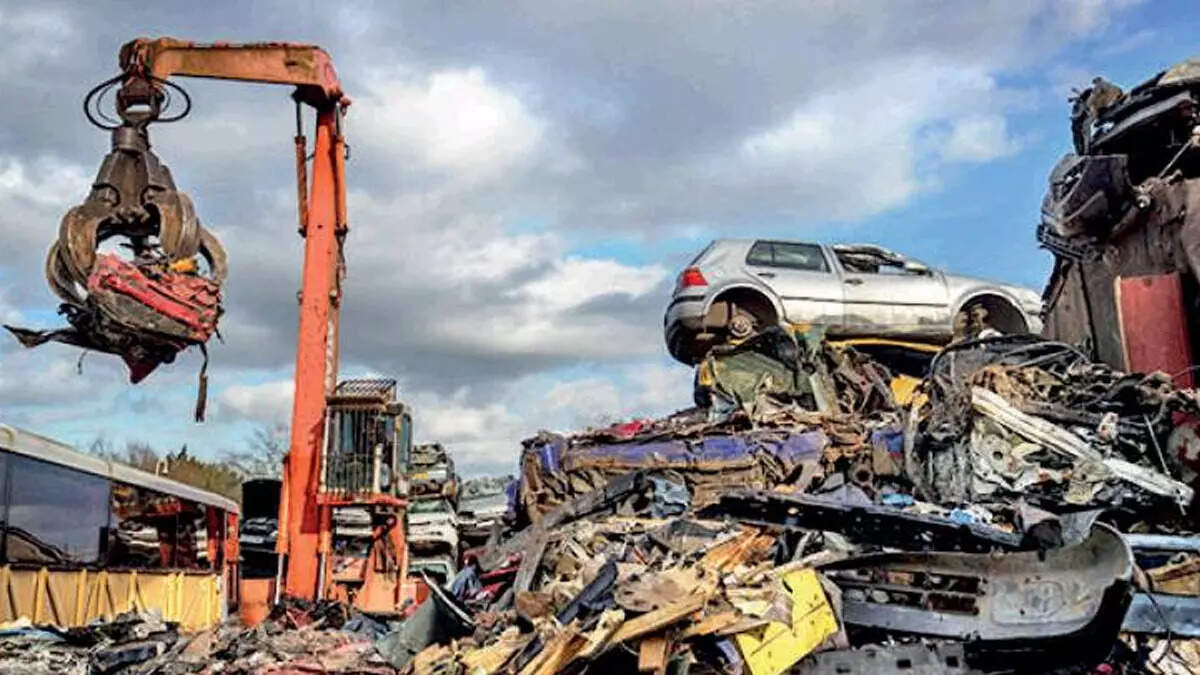 NEW DELHI: The transport department of the Delhi government on Monday advised people not to ply 15-year-old petrol vehicles and 10-year-old diesel vehicles and get them scrapped at authorised centres.
NEW DELHI: The transport department of the Delhi government on Monday advised people not to ply 15-year-old petrol vehicles and 10-year-old diesel vehicles and get them scrapped at authorised centres.
In a public notice, the department clarified that although registration certificates of all types of vehicles are valid for 15 years, a diesel vehicle cannot ply beyond 10 years in Delhi.
However, no-objection certificates for vehicles aged 10 to 15 years can be obtained so that they can be registered in states where it is permissible, it stated.
“Owners of over 10-year-old diesel and 15-year-old petrol vehicles are advised not to ply these vehicles on the roads in Delhi/NCR and further advised to get such end of life vehicles scrapped through authorised scrappers of the transport department,” said the notice.
It also cited a Supreme Court order for impounding end-of-life diesel and petrol vehicles.
The Union government in its voluntary vehicle scrapping policy has allowed plying of old vehicles if they pass fitness test. The policy provides for fitness test after 20 years for personal vehicles while commercial vehicles require it after the completion of 15 years.
End-of-life vehicles in Delhi, including two-wheelers, number around 37 lakh out of over one crore registered vehicles. Many of these ply on the roads causing pollution.
Authorities do not take any tough action against such vehicles due to logistical issues of lack in adequate number of scrapping facilities and space for holding impounded vehicles.

